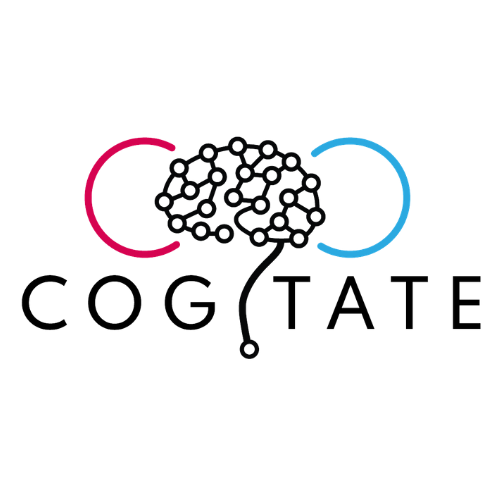
Michael Kahana
Professor of Psychology
University of Pennsylvania, School of Arts & Sciences
Michael Kahana is interested in human episodic memory for verbal, visual and spatial information. To study this general problem, he conducts experiments that measure behavioral and electrophysiological responses during memory tasks, and develops computational models to explain the resulting data. His lab is one of several in the world studying the electrophysiological responses of neurons through direct intracranial electroencephalographic (iEEG) recording from the living human brain. Such recordings can be obtained from epilepsy patients who have had electrodes surgically implanted on the cortical surface of the brain or through the medial temporal lobes (including hippocampus) as part of the clinical process of localizing seizure foci. By analyzing how brain activity, including the responses of individual neurons, correlates with task variables, he is able to study the neurophysiological basis of memory with a high degree of spatial and temporal resolution. Current projects include studies of spatial navigation using a virtual taxi driver game, and computational modeling of the role of temporal context in visual and verbal memory.
Key publications:
Healey, MK, and Kahana, MJ, “Age-related changes in the neural dynamics of memory encoding processes”, PLOSone, doi.org/10.1371/journal.pone.0227274
Broitman, AW, Kahana, MJ, and Healey, MK, “Modeling retest effects in a longitudinal measurement burst study of memory”, Computational Brain & Behavior 3, pages200–207, doi.org/10.1007/s42113-019-00047-w
Ezzyat, Y, Wanda, P, Levy, DF, Kadel, A, Aka, A, Pedisich, I, et al., “Closed-loop stimulation of temporal cortex rescues functional networks and improves memory”, Nature Communications, 9(1), 365, doi.org/10.1038/s41467-017-02753-0

